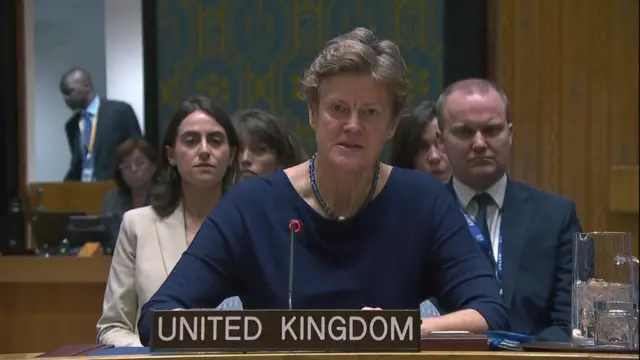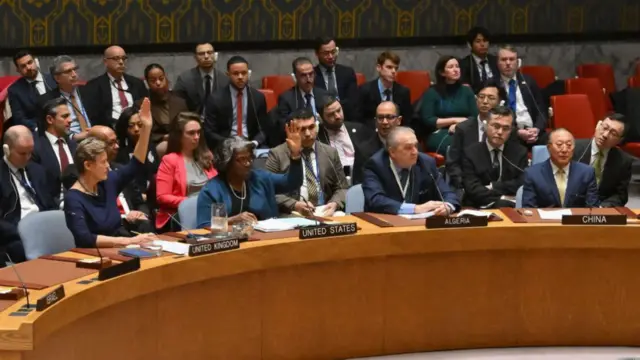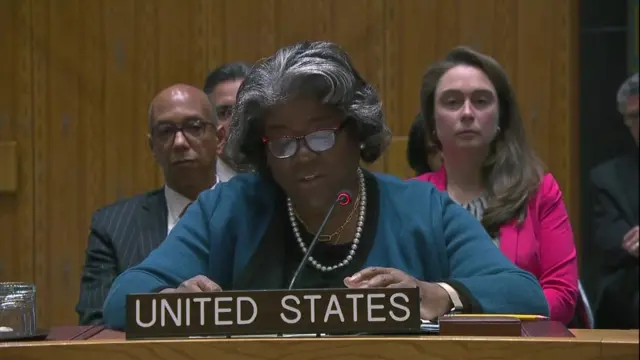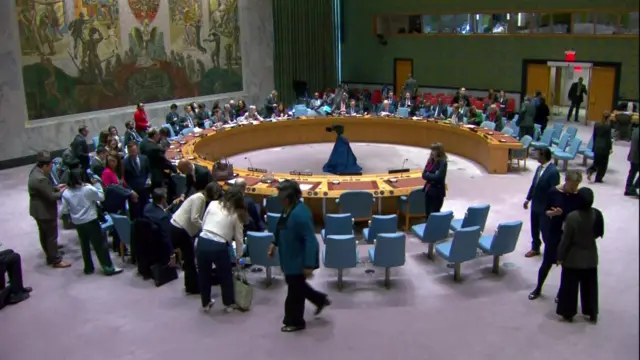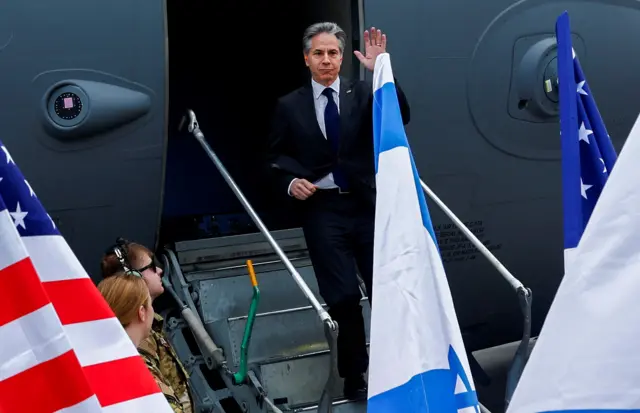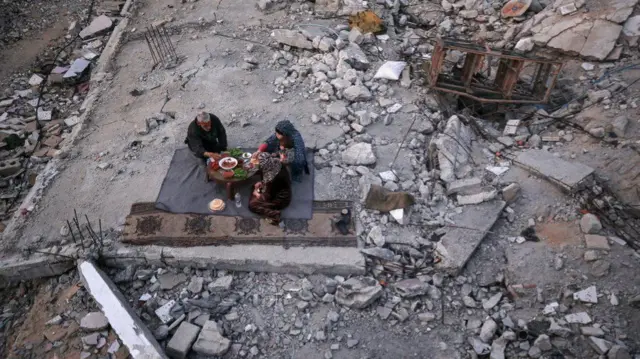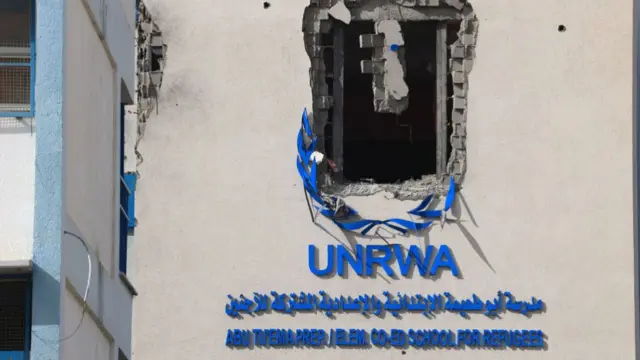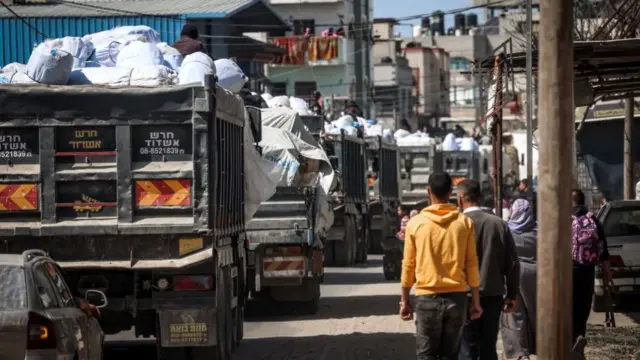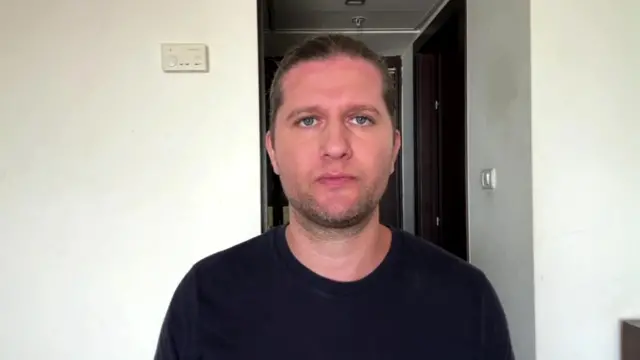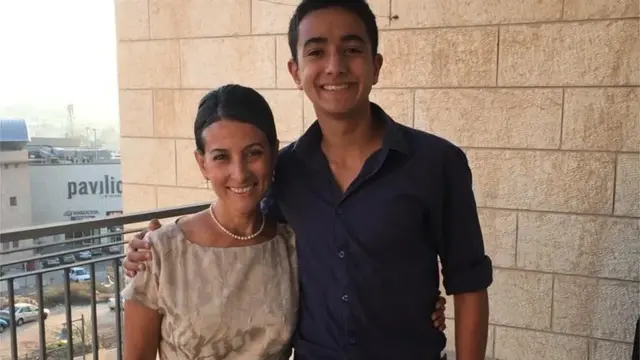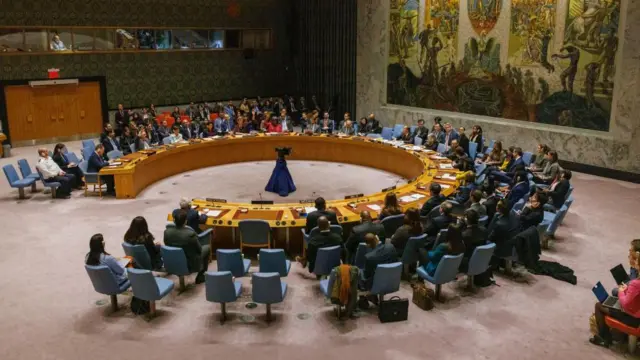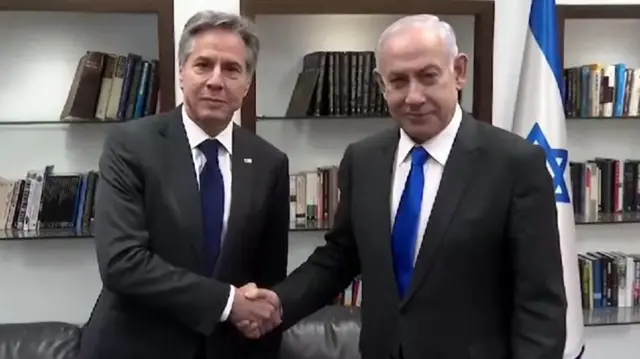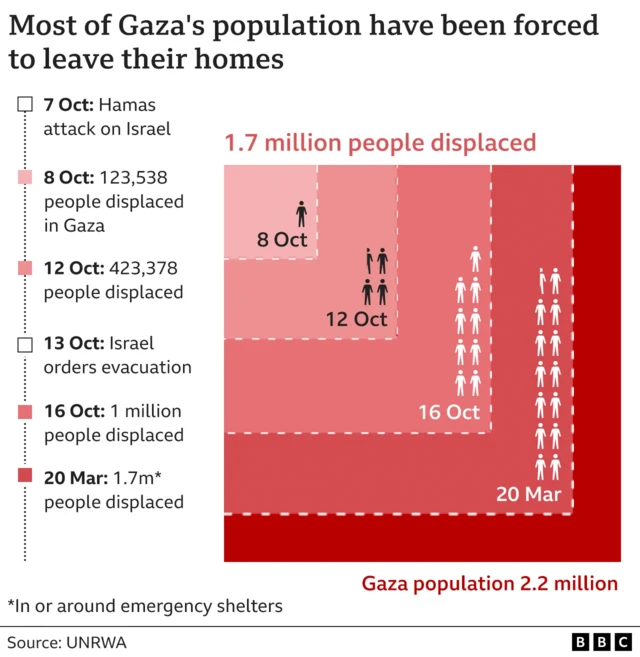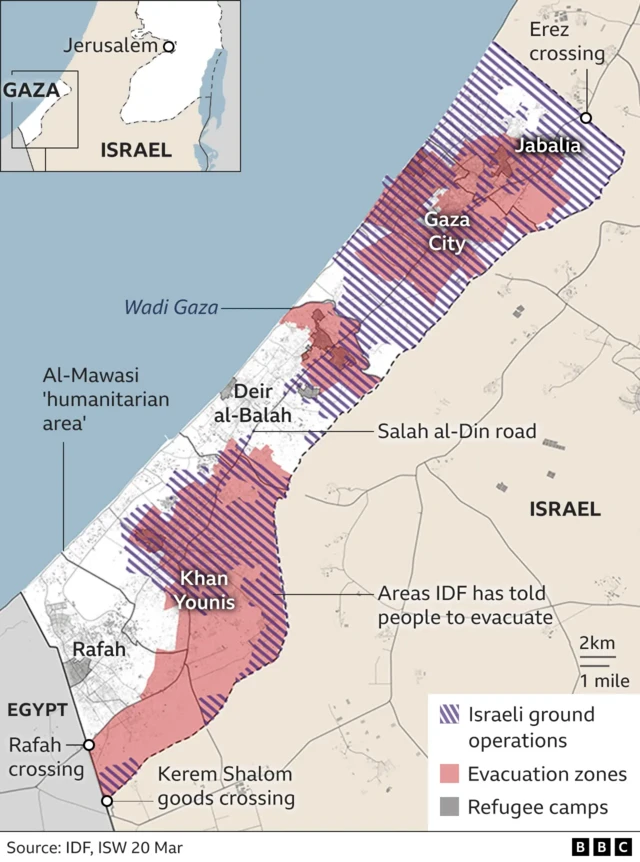Netanyahu says Israel will go into Rafah with or without US supportpublished at 14:05 GMT 22 March 2024
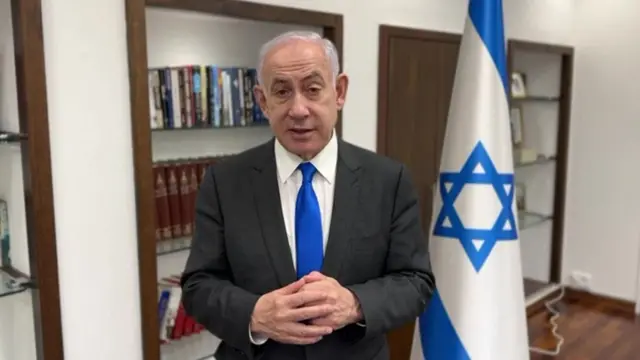 Image source, AFP
Image source, AFPIsrael's Prime Minister Benjamin Netanyahu has told the US Secretary of State that Israel will go into Rafah.
Netanyahu told secretary Antony Blinken, who is in Israel, that he hoped there would be US support. But he also said Israel was prepared to enter the city without support from their key ally.
There are about 1.5 million Palestinians sheltering in the city of Rafah, which has become a massive refugee camp.
People from cities and villages in the north fled to Rafah for refuge.
